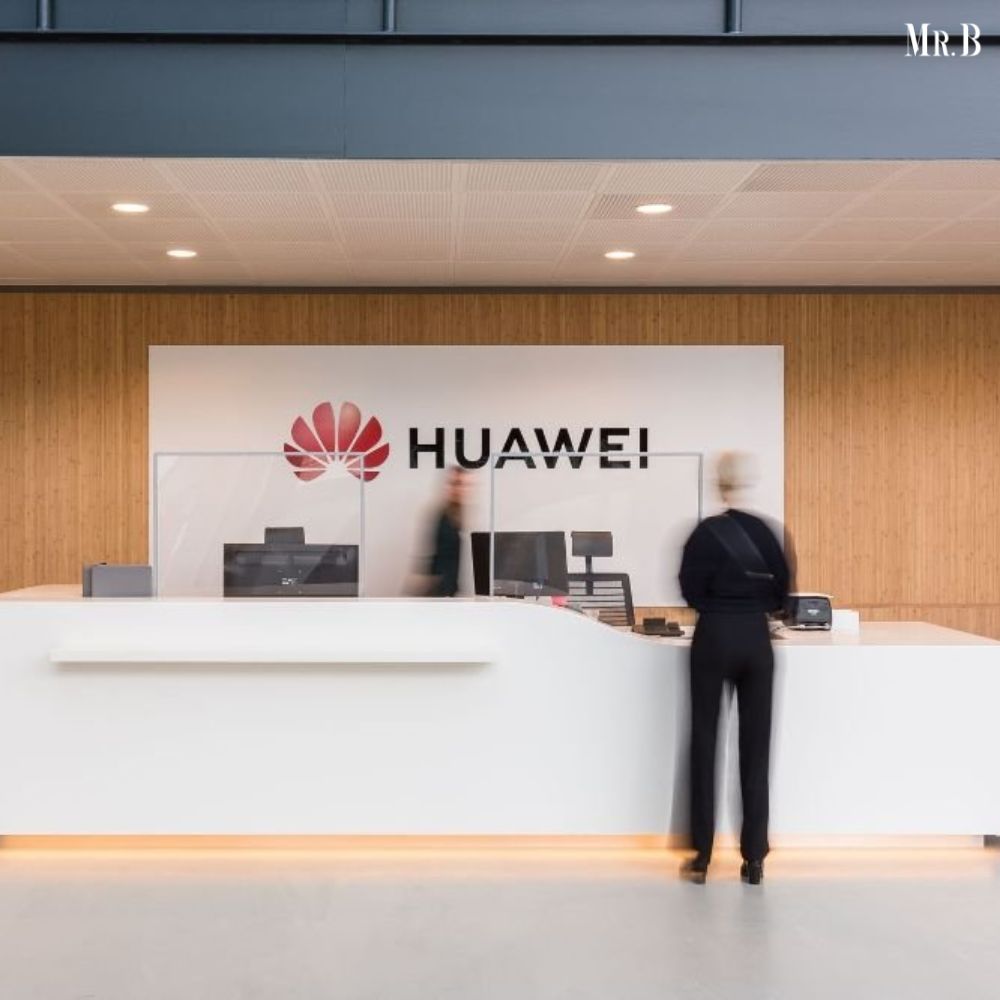Asian Markets Brace for Volatile Week Ahead
- Category: News

As the new week dawns in Asian markets, investors find themselves in a state of relative calm, with Australian retail sales being the lone item on the economic calendar for the Asian and Pacific region on Monday. However, this tranquility is expected to be short-lived, as the week ahead promises to be a rollercoaster ride for both global and Asian markets.
A multitude of high-impact events and economic releases are set to make waves throughout the week. Monetary policy decisions from Japan and Malaysia, purchasing managers index reports from across Asia, inflation data from South Korea, Indonesia, and Vietnam, as well as GDP growth figures from Taiwan and Hong Kong are among the regional highlights. Additionally, China’s embattled property giant, Evergrande, remains under intense scrutiny following reports of talks with creditors opposing its restructuring plan.
The weekend brought news of an anticipated summit between U.S. President Joe Biden and Chinese President Xi Jinping next month, further intensifying the spotlight on Asian markets. Tech and chip stocks may prove particularly sensitive to this development.
U.S. & Asian Markets:
The U.S. earnings season continues to unfold, and Japan’s corporate reporting season kicks off. Month-end flows across all asset classes are expected to wield significant influence, and looming over it all is the Federal Reserve’s upcoming interest rate decision scheduled for Wednesday.
Despite recent challenges, Asian markets investors appear to be weathering the storm with some resilience. They’ve faced headwinds due to rising U.S. bond yields and widespread financial tightening. Eric Robertsen, the Global Head of Research and Chief Strategist at Standard Chartered Plc, noted, “As the conflict in the Middle East continues, we are on watch for a collision course between tight financial conditions and geopolitically driven risk aversion. For the moment, it is rates volatility that is driving outflows from emerging market assets and developed market equities.”
Global Markets Affected:
In response to these developments, Australian and Japanese equities took a hit, while Chinese shares opened with mixed results. China Evergrande Group, despite its debt woes, found a temporary reprieve as a Hong Kong court postponed a winding-up hearing to December 4.
Middle Eastern markets showed little panic after Israel’s military incursion into the northern Gaza Strip. Israel’s TA-35 stock index even managed to rise, albeit slightly, as it attempts to recover from the losses incurred since the Hamas infiltration on October 7.
The Israeli military is taking a cautious approach to its ground offensive, assessing day by day based on various factors, including casualties, the potential spread of conflict to Hezbollah in the north, and internal political pressures on Prime Minister Benjamin Netanyahu. Spencer Hakimian, founder of hedge fund Tolou Capital Management in New York, suggests that the impact on asset markets is likely limited unless the conflict escalates into other regions, such as Iran.







